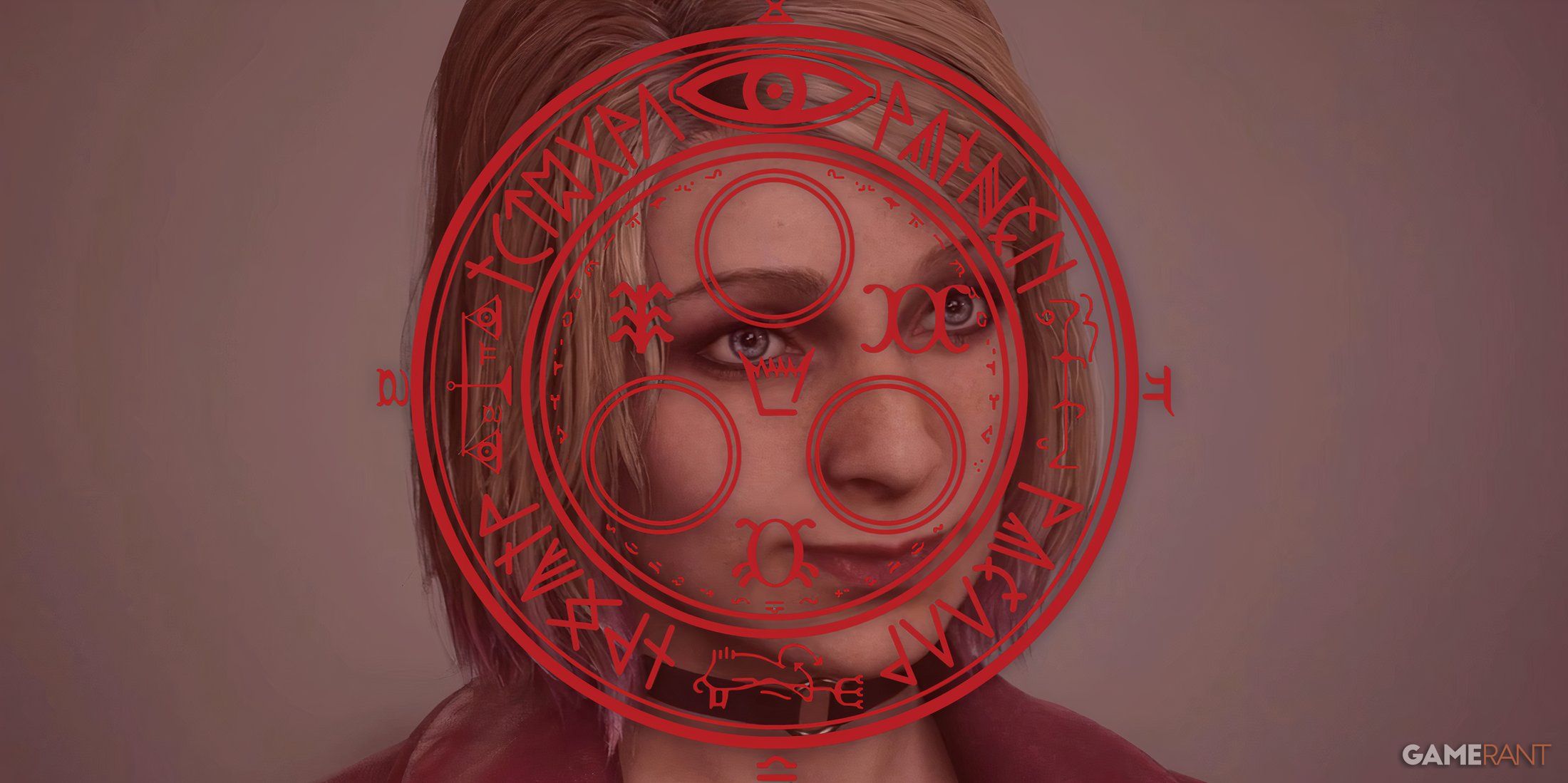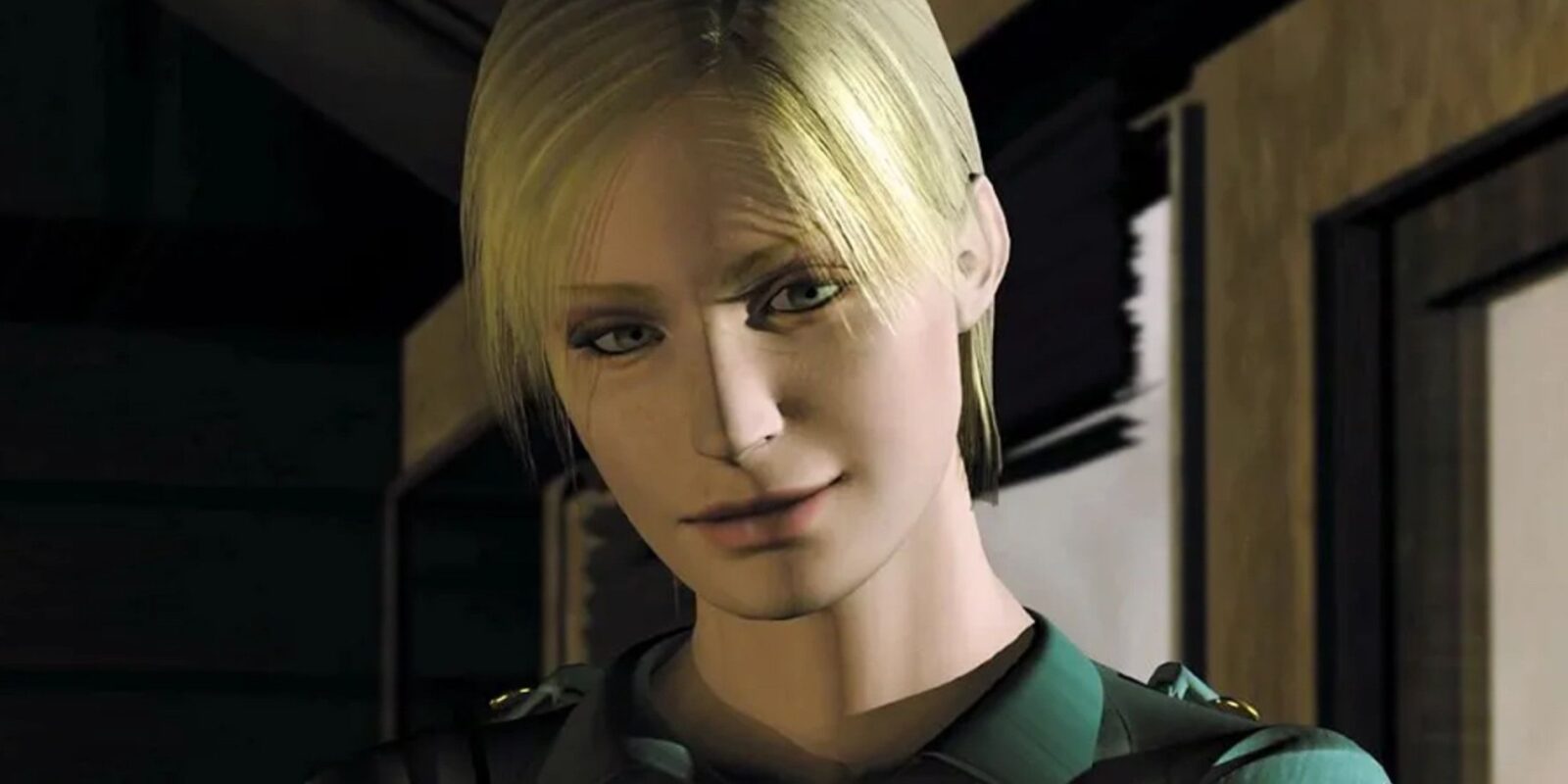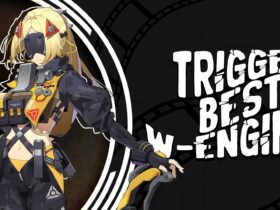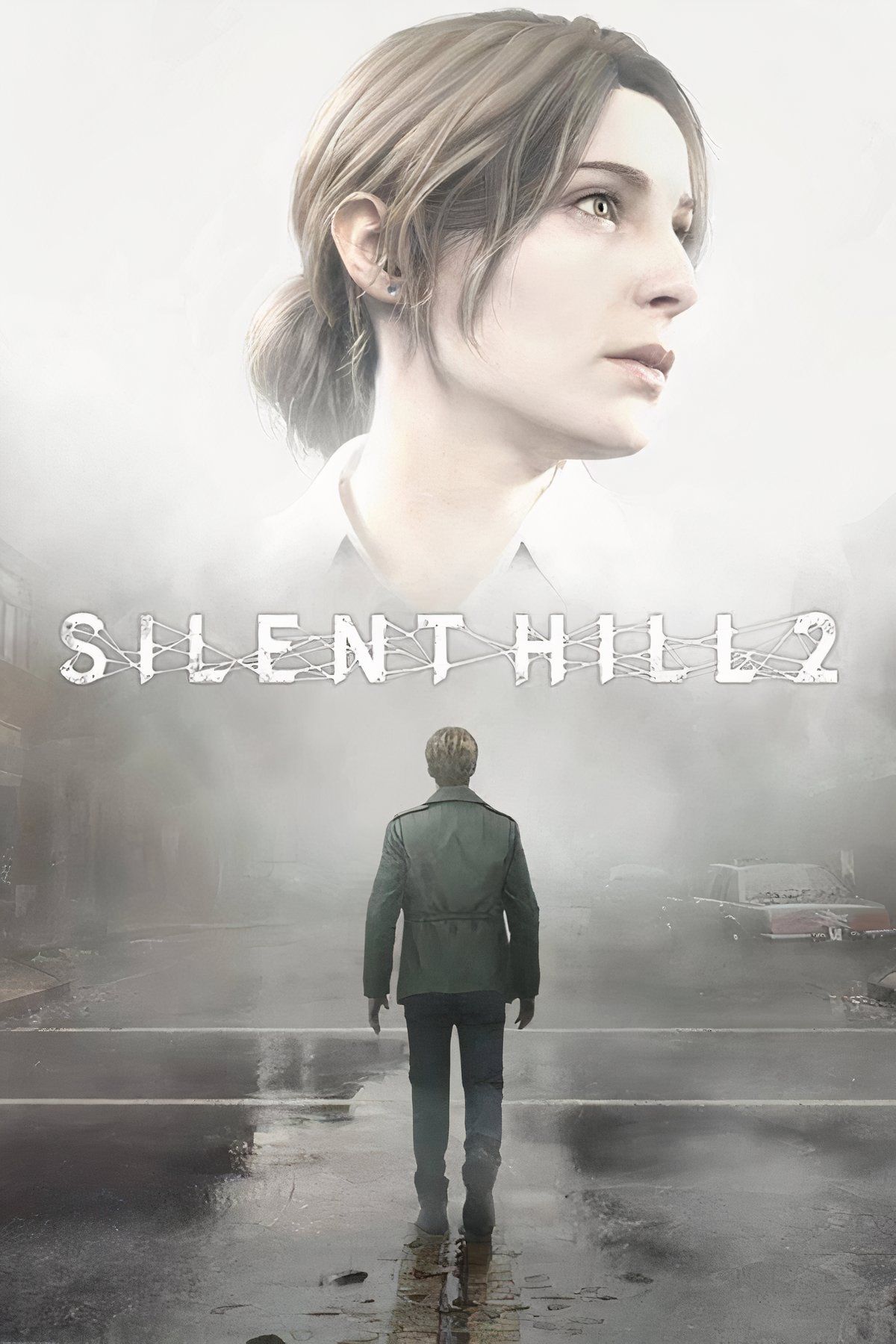Bloober Team’s Silent Hill 2 remake released last fall, introducing a new generation of gamers to the haunting story of James Sunderland and the Silent Hill series as a whole. Despite the prejudiced beliefs of many, Bloober Team managed to pull out a surprising victory with this remake, demonstrating a strong understanding of the source material and iterating upon it through clever and artful means. In other words, the Silent Hill 2 remake is great, and it wouldn’t be at all surprising if more Silent Hill remakes followed in its wake.
And there’s tenuous evidence to suggest that this could be the case. Speculation has mostly swirled around Bloober’s own internal Strategic Plan, wherein the company outlines its rough plans for future projects, with Project G and Project H presumed to be remakes of Silent Hill and Silent Hill 3, respectively. Building off this document, a semi-prominent tweet from Planeta_Geek, who claims to have insider information about these games’ development, suggests that Project H, AKA Silent Hill 3, is up next. This isn’t inherently outlandish—Konami did start with the second Silent Hill when kicking off these remakes, after all—but it still seems dubious that Silent Hill 3 will be remade ahead of the first Silent Hill, for several reasons.

Related
Silent Hill 2’s Cult References Explained
While the new endings added to Bloober Team’s Silent Hill 2 remake honor the original’s story, they also hint at greater ties to the town’s cult.
If More Silent Hill Remakes Are Coming, Silent Hill 1 Needs to Come Before Silent Hill 3
Silent Hill 1 Is Rougher Than 3
The most obvious reason why Silent Hill 1 should be made ahead of Silent Hill 3 is the sheer disparity between the two in terms of their production value and playability. Silent Hill 3 is arguably the best-looking of the original trilogy, for one thing, and both its in-engine cutscenes and moment-to-moment gameplay look fantastic, even in 2025.
Much more significant than the visuals of these games is their individual playability, and while they are both rather archaic compared to the survival horror games of today, Silent Hill 3 is definitely much closer to a contemporary experience than the first game. Combat in Silent Hill 3 is a bit more fleshed out, for instance, with more offensive and defensive tools offered to the player, and better animations and responsiveness make the game simply “feel” better in a lot of ways. Such differences make sense, as these titles are a whole console generation apart, but Silent Hill 1 could nevertheless benefit from the Silent Hill 2 treatment more than Silent Hill 3.
Silent Hill 3 Is a Sequel to Silent Hill 1
More important than the gameplay and graphical disparities between these two games is the matter of their narrative connection. Silent Hill 3 follows Heather Mason, the daughter of Harry Mason, protagonist of the first game. As such, these stories are inextricably linked, especially because of certain spoiler-laden details about Heather’s identity and connection to the town of Silent Hill.
While Silent Hill 2 is perhaps the most widely lauded and memorable entry in the series, it’s the odd man out of the original three games. The town of Silent Hill is home to a dangerous and enigmatic cult, but one could be forgiven for not knowing this if they only played Silent Hill 2, which is firmly rooted in the realm of psychological horror. But Silent Hill 1 and Silent Hill 3, while not without their psych-horror elements, place a great emphasis on the occult nature of Silent Hill, exploring the town’s history and principal characters. Thus, it wouldn’t make much sense for audiences to jump straight into Silent Hill 3 without first experiencing Silent Hill 1, which lays the groundwork for this narrative angle. If Konami were to push out Silent Hill 3 ahead of Silent Hill 1, modern players would be at risk for some serious discombobulation.















Leave a Reply